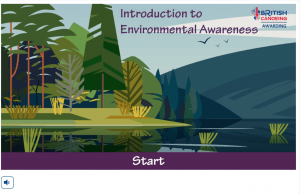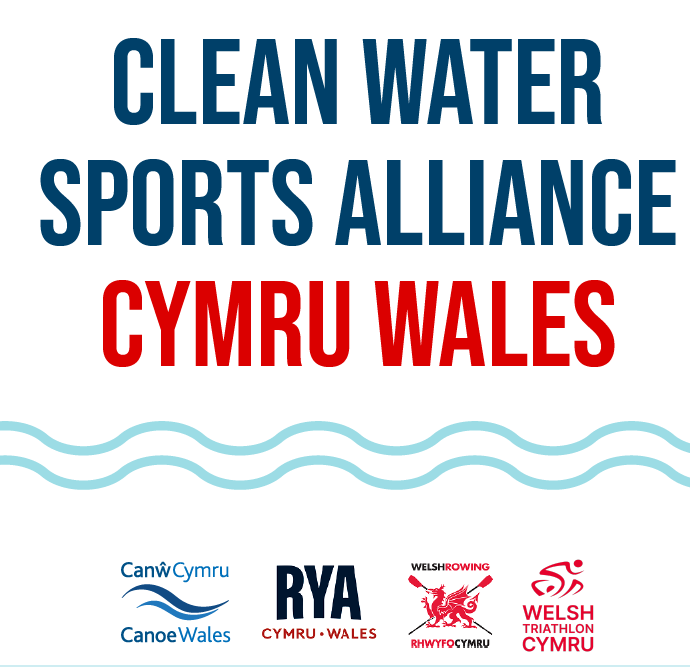For the last few hundred years since the first explorers sailed the seven seas, people have brought unusual plants and animals into the UK. Many were brought in to enhance someone’s land or out of idle curiosity. Today we live with the consequences of their actions. The grey squirrel was introduced and now our native red squirrel has all but disappeared. Japanese Knotweed brought in to add a different dimension to the gardens of the wealthy has become a notifiable species yet still it infests large parts of the country and is almost impossible to destroy. These are just two examples of alien species that have been brought in to our country and have upset the ecosystem.
So What?!
You may well think "What has it got to do with me?" Well a number of these alien species not only detrimentally impact our native species but also have a massive impact on our waterways where you may well be paddling. Several plant species have caused a major headache to navigation authorities who have to spend £25 million per year in clearing these plants that are able to totally block river, lake and canal systems and prevent the commercial and recreational use of these waters.
Still today, people bring alien species of plants and animals into the UK without due consideration of what their impact can be. Even within Wales, we can unwittingly transfer species from one area to another. The very nature of paddling is that the craft is highly transportable and can go from one watercourse to another, and one country to another.
What can I do to help as a paddler, instructor, coach, leader or guide?
All paddlers can help prevent the spread of invasive species! But if you're an instructor, coach, leader or guide, you have a vital role to play in promoting the need to halt the spread of alien species by
all
paddlers, regardless of where they are paddling.
How do we stop the spread?
Regardless of the type of paddling you do, whether competitive or recreational, inland or coastal, the chances are that you take your craft onto different waterways where there is a chance you may come in contact with these harmful species. So... Check Clean Dry to stop the spread!
Conclusion
Fundamentally we ALL need to work to stop the spread of alien species, and we as paddlers have a major part to play in protecting the waterways we enjoy and that are needed for our sport.
More information and useful links
- Invasive Non-Native Species Week takes place from 24 to 31 May 2021 and is a joint initiative, led by the GB Non-Native Species Secretariat (NNSS) and Defra (Department for Environment, Food and Rural Affairs). During the week, a wide range of organisations come together, aiming to raise awareness of invasive non-native species (INNS) and how they can impact us all.
- Visit the
Non Native Species Secretariat website for details of the Check Clean Dry measures and identification guidance for over 50 non-native animal and plant species.
- Report suspected sightings of invasive species using the following link -
www.nonnativespecies.org/recording
- The British Canoeing Waterways and Environment Team are pleased to say they are delivering, in partnership with The Rivers Trust and Wildlife Trusts, an informative and interesting environmental awareness programme which includes delivery through the Guide Scheme module and eLearning module.
- You can chat to our Places to Paddle Manager Phil Stone about any environmental concerns in Wales - you can reach him on
phil.stone@canoewales.com or call
07949 152421.














